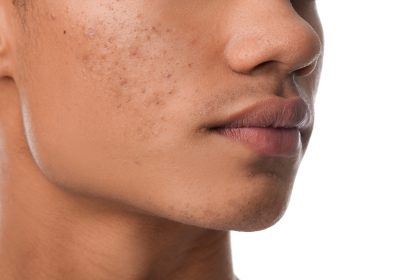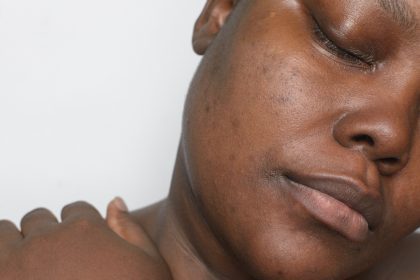Dandruff is a common scalp condition that affects millions of people worldwide. It is characterized by the shedding of dead skin cells from the scalp, which often appears as white flakes. While dandruff is not a serious medical condition, it can be embarrassing and uncomfortable. Understanding the causes, symptoms, and effective treatments is essential for managing dandruff.
Causes of dandruff
Several factors can contribute to the development of dandruff. One of the primary causes is a fungus called Malassezia, which lives on the scalp of most adults. While this fungus is usually harmless, it can sometimes grow out of control and lead to dandruff. Other common causes include:
- Dry skin: People with dry skin are more likely to experience dandruff. The flakes from dry skin tend to be smaller and less oily than those caused by other factors.
- Oily skin: An excessively oily scalp can also lead to dandruff. This condition, known as seborrheic dermatitis, is characterized by red, greasy skin covered with flaky white or yellow scales.
- Sensitivity to hair care products: Some people may develop contact dermatitis, a condition that causes dandruff-like symptoms, due to sensitivity to certain hair care products.
- Skin conditions: Conditions such as psoriasis and eczema can also cause dandruff.
Symptoms of dandruff
The most common symptom of dandruff is the presence of white or yellow flakes on the scalp, hair and shoulders. Other symptoms may include:
- Itchy scalp: An itchy scalp is a frequent symptom that often accompanies dandruff.
- Red and irritated skin: In cases of seborrheic dermatitis, the scalp may become red and irritated.
- Oily patches on the scalp: Seborrheic dermatitis can also cause greasy patches on the scalp.
Effective treatments for dandruff
Treating dandruff involves a combination of good scalp hygiene and the use of specialized hair care products. Here are some effective treatments for managing dandruff:
Over-the-counter shampoos
Using over-the-counter (OTC) dandruff shampoos is one of the most effective ways to treat dandruff. These shampoos contain active ingredients designed to reduce flaking and itching. Some common active ingredients include:
- Zinc pyrithione: This ingredient has antifungal and antibacterial properties that help reduce the fungus on the scalp.
- Selenium sulfide: It slows down the death of skin cells and reduces the growth of Malassezia.
- Ketoconazole: An antifungal agent effective in controlling dandruff caused by fungi.
- Salicylic acid: Helps to remove excess dead skin cells from the scalp.
- Coal tar: Reduces the production of skin cells and can help with scaling and itching.
Home remedies
In addition to OTC shampoos, several home remedies can help manage dandruff:
- Tea tree oil: Known for its antifungal properties, tea tree oil can be added to your regular shampoo or used in diluted form to treat dandruff.
- Apple cider vinegar: Diluted apple cider vinegar can help restore the scalp’s pH balance and reduce the growth of fungus.
- Aloe vera: Applying aloe vera gel to the scalp can soothe irritation and reduce flaking.
Lifestyle changes
Making certain lifestyle changes can also help manage dandruff:
- Healthy diet: Eating a balanced diet rich in vitamins and minerals can promote a healthy scalp.
- Stress management: Reducing stress can help prevent flare-ups of dandruff, as stress can worsen the condition.
- Regular hair washing: Washing your hair regularly with a mild shampoo can help remove excess oil and dead skin cells from the scalp.
When to see a doctor
While dandruff is usually a manageable condition, there are instances where you should see a doctor:
- Persistent dandruff: If OTC treatments and home remedies do not improve your dandruff after several weeks, it may be time to consult a dermatologist.
- Severe itching or discomfort: If your scalp is extremely itchy or uncomfortable, a doctor can help identify the cause and recommend appropriate treatments.
- Red, swollen or painful scalp: These symptoms could indicate an underlying condition that requires medical attention.
Managing dandruff
Dandruff is a common condition that can be effectively managed with the right treatments and lifestyle changes. By understanding the causes and symptoms of dandruff, you can choose the most appropriate treatments to keep your scalp healthy and flake-free. If you experience persistent or severe symptoms, it is important to seek medical advice to ensure proper care. With the right approach, you can control dandruff and enjoy a healthy, comfortable scalp.
This story was created using AI technology.















